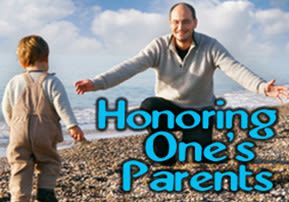
Honoring One’s Parents
The Torah doesn't accept children’s complaint, "I didn't ask to be brought into this world!" Regardless, we must show our constant appreciation to our parents.

Honor your father and your mother to lengthen your days on the earth which G-d, your G-d is giving to you. (Shemot 20:12)
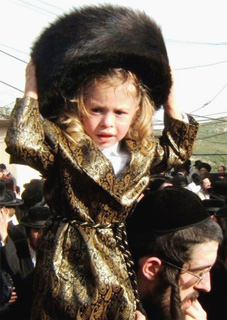 One of the mitzvot that made the “top ten” is “Honor your father and mother.” The basis of this mitzvah is said to be “hakores hatov”: recognition of the good our parents did by giving us life. The Torah doesn’t hold of this business of children complaining, “I didn’t ask to be brought into this world!” Whether we did or we didn’t, it is still considered a gift to be alive for which we must show our constant appreciation. We do this by making the best of our lives and by not getting involved in meaningless activities.
One of the mitzvot that made the “top ten” is “Honor your father and mother.” The basis of this mitzvah is said to be “hakores hatov”: recognition of the good our parents did by giving us life. The Torah doesn’t hold of this business of children complaining, “I didn’t ask to be brought into this world!” Whether we did or we didn’t, it is still considered a gift to be alive for which we must show our constant appreciation. We do this by making the best of our lives and by not getting involved in meaningless activities.The Talmud briefly describes the role of the parents in helping a child come into the world:
“The rabbis taught: Three are partners in the creation of a person, The Holy One, Blessed is He, the father and the mother. From the father comes the bones, the tendons, the nails, the brains in the head, and the white of the eye. From the mother come the skin, the flesh, the hair, and the black of the eye. The Holy One, Blessed is He, gives the spirit and the soul, the facial appearance, vision, hearing, speech, the ability to walk, understanding and discernment . . .” (Niddah 31a).
However, the Arizal provides a deeper insight into this very central mitzvah, at least part of it:
“A father gives a portion of his own soul to his sons, and that portion becomes “clothing” for the soul of his son, to help him and guide him down the proper path. For this reason, a son is obligated to honor his father. However, if there is less than five hundred levels difference between the soul of the father and that of the son, then the portion of the father’s soul will remain the son’s soul even in the time of Mashiach. Nevertheless, in Techiyas HaMeisim (revival of the dead) or the World-to-Come everything will return back to its root and separate completely. If, however, there is a separation of five hundred levels or more, then the lesser soul will be cancelled out by the greater soul, and an eternal bond will be created. They will never separate again and will be one root. That is in respect to a father and a son. Regarding a teacher and his student, we have already explained that a teacher gives some of his Ruach (spirit) to his student, like a father does to a son. However, it is a more “dynamic” connection, lasting forever, b’sod (in the secret of), “The Nefesh of Yehonason became attached to the Nefesh of Dovid” (I Shmuel 18:1). This is why more respect is due to a teacher than a father. If the student is also the son of the teacher, then the son is connected to him because the father is his teacher, and because he is his son. Therefore, if there is more than five hundred levels between them, then the two of them will join together, the father with his son because he is his teacher, and the son with his father because he is his father. The two of them will join together because of these two levels.” (Sha’ar HaGilgulim, Chapter 10)
This may sound like a contradiction to the Talmudic teaching above, which attributed all spiritual qualities (soul, speech, etc.) of a child to G-d only. However, really it is G-d who arranges all of this, not the father himself. When G-d gives the soul to a new born child, He uses parts of the father’s own soul, though losing these parts takes nothing away from the father.
Perhaps this is why, as I have heard many mothers complain, that even though the mother carries the child for nine months, the child quickly develops a strong bond with the father. It is not that the child does not appreciate what his mother did for him in the process of giving him life, rather there is a soul-like bond with the father from before birth.
What about the mother? It is the mother who will raise and nurture the child through its most important years and in doing so, develop a tremendous bond of love with the son or daughter. As the rabbis teach, honoring one’s mother is often easier than honoring one’s father, and fearing one’s father is often more natural than fearing one’s mother. This helps to explain why.
***
Pinchas Winston is the author of over 95 books on various topics that deal with current issues from a traditional Jewish perspective. He has also written on the weekly Torah reading since 1993, called “Perceptions”, as well as on current topics and trends affecting Jewish history, past and present. One of his missions is to make the depth and beauty of the more mystical teachings of Torah understandable and accessible to those who can really benefit from them. Visit his website at thirtysix.org.


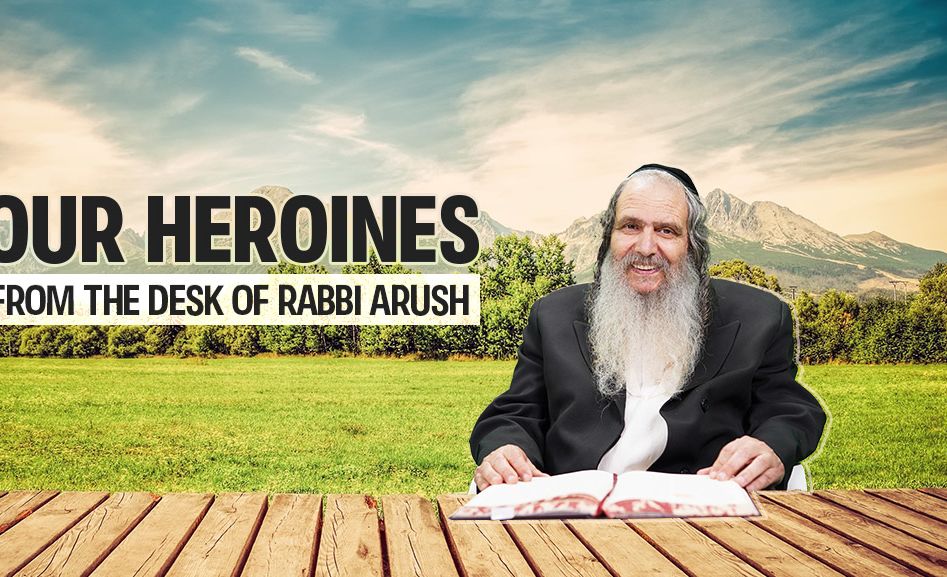
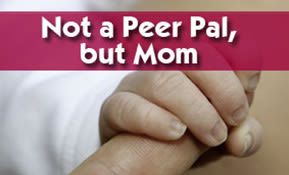

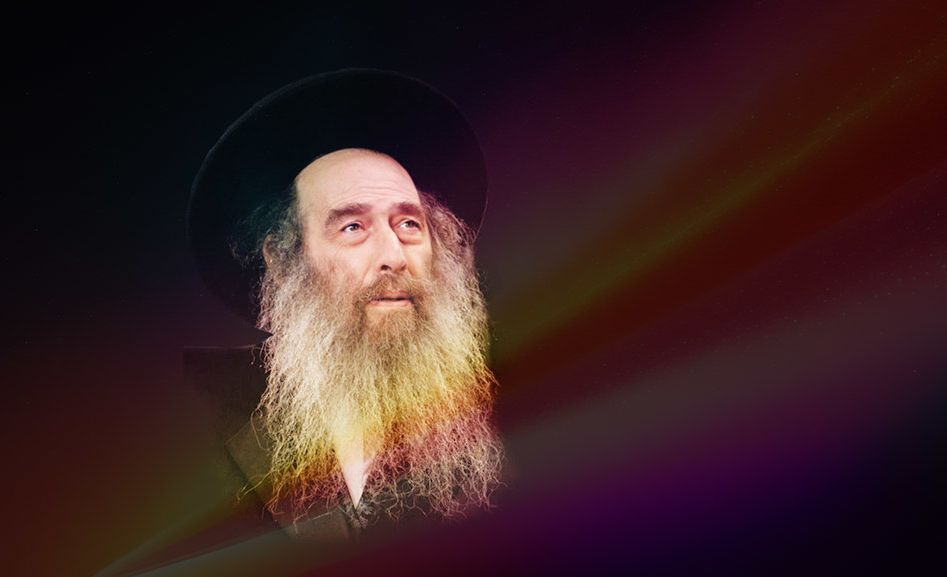
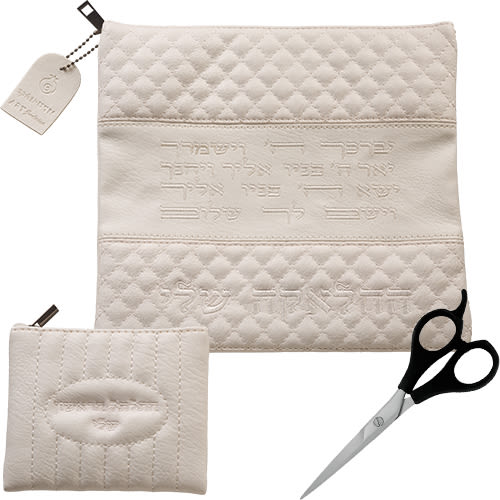
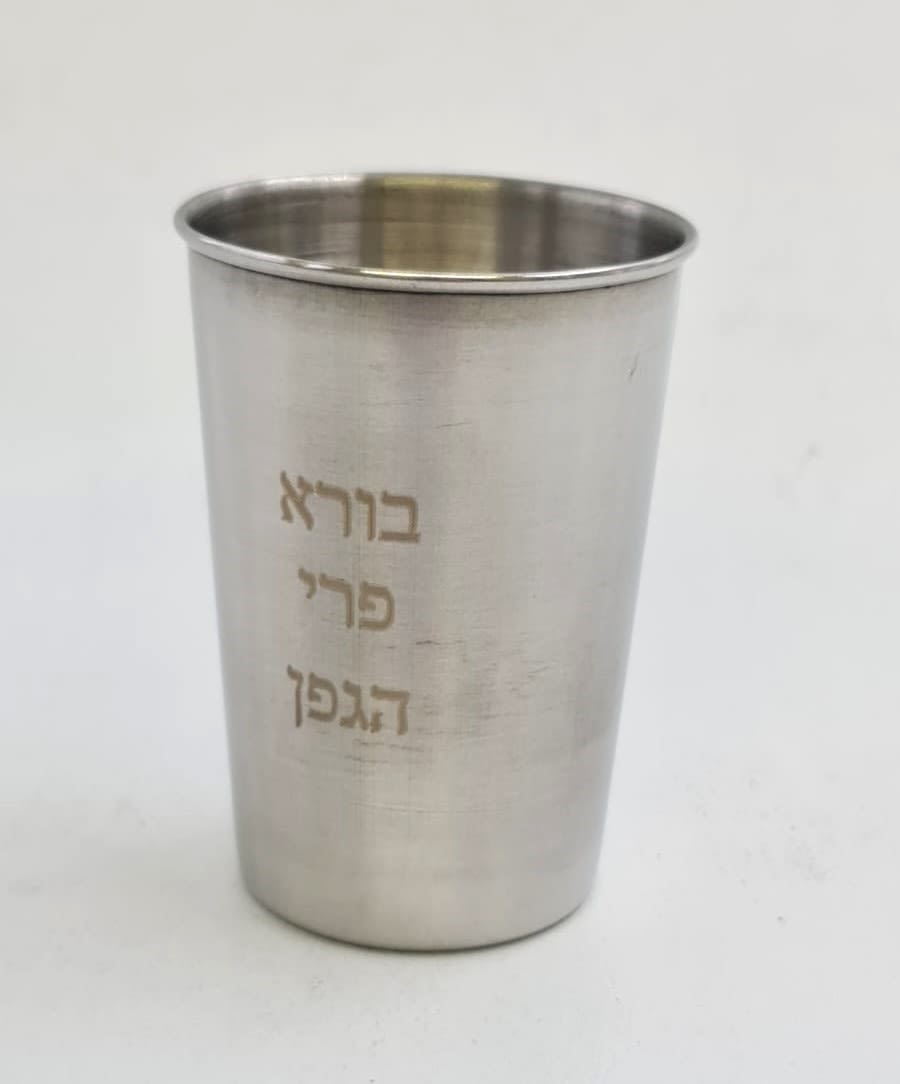
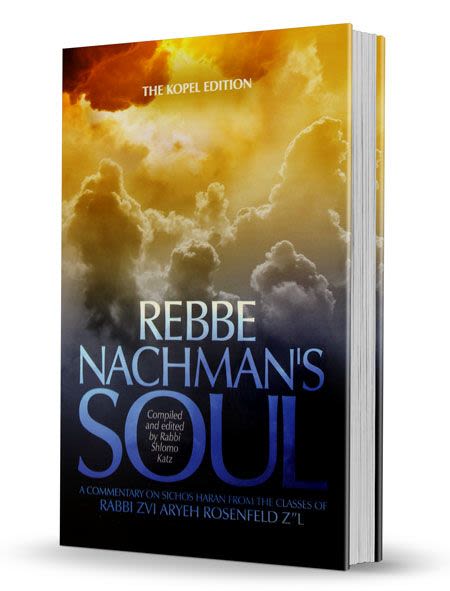
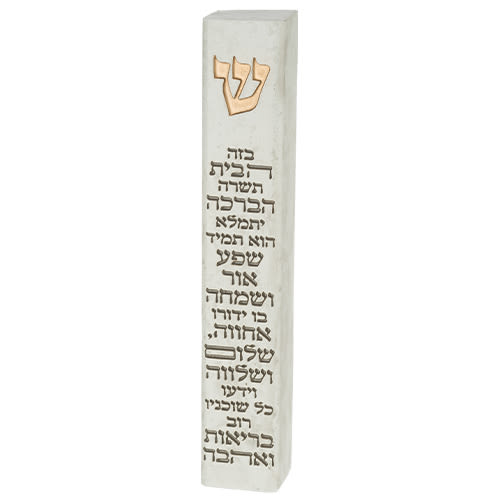
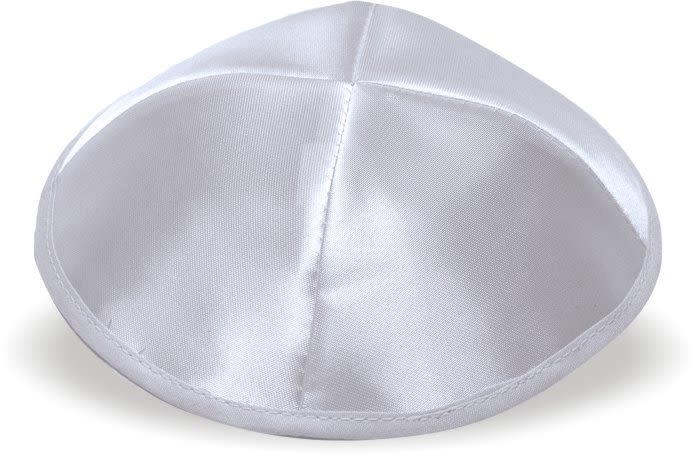
Tell us what you think!
Thank you for your comment!
It will be published after approval by the Editor.